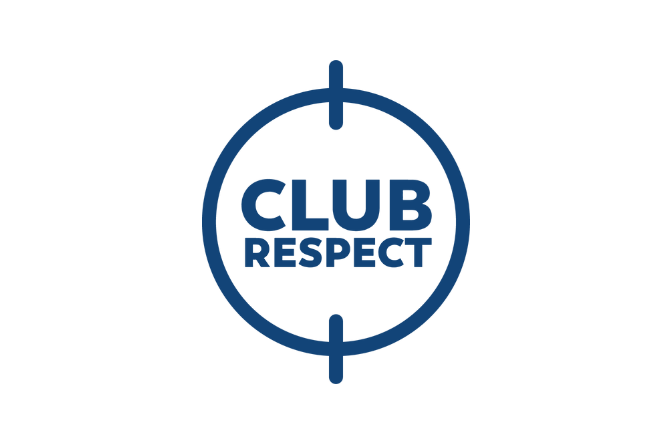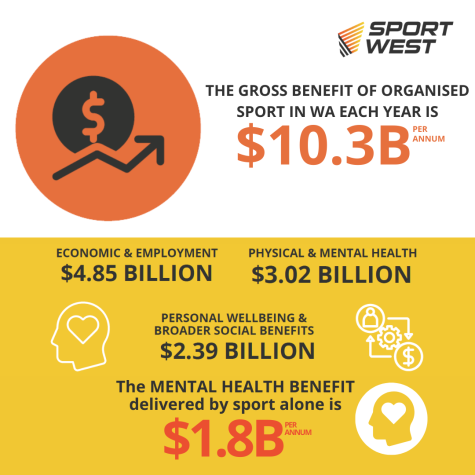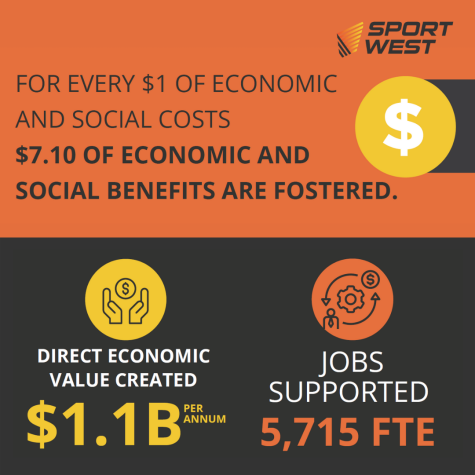The Social Return on Investment of Structured Sports Participation in Western Australia seeks to measure the economic and social benefits realised from organised, club-based sports across the State.
The study is based on an established “SROI” methodology, which links verifiable benefits and costs associated with club-based sport to individuals, clubs and State Sporting Associations. This does not include unstructured play, participation programs, or general health & fitness activities.
Independent consultants ACIL Allen have found that organised sport in WA delivers an estimated gross benefit of $10.3 billion per year.
The benefits delivered by sport include: youth life skills, mental health benefits, enhanced human capital, labour market outcomes, enhanced social capital, personal wellbeing, health-related quality of life, improved productivity, suicide prevention, avoided health costs and crime and personal safety.
An important part of the study shows that investing in sport not only delivered health and social benefits but for every dollar of economic and social investment more than $7 of economic and social benefit are fostered.
Each participant in organised sport in WA realises a return of $10,178 from their participation.
As an industry, WA sport also provides 5,715 full time equivalent jobs underlining the important role sport plays in employing West Australians.
The data this project has delivered will now allow sport to provide a compelling case to both government and the commercial sector as to why investment in sport is a good investment.
Greater investment and an increased understanding of the value of sport across the entire community is required for sport to continue to deliver these quality outcomes for the community in the areas of economic, health, social and community benefits.
Social Media Assets
SportWest has produced a range of social media assets for State Sporting Associations to use to communicate the value of sport. These assets can be co-branded and distributed via social media channels.
Need to contact one of our staff members? Click here to view staff profiles:
SportWest Partners













